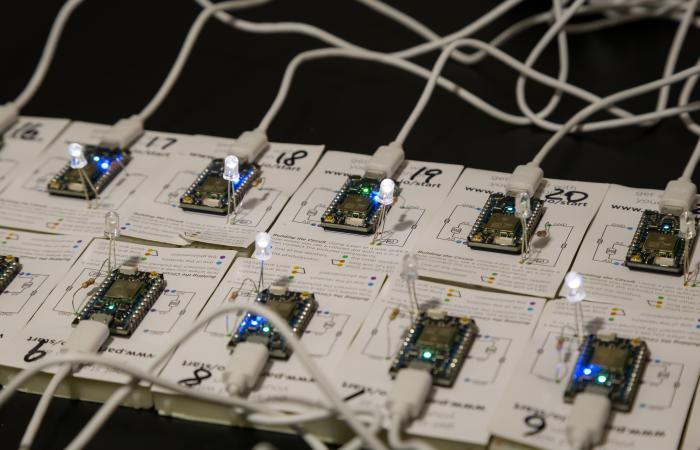Before we get into the article, let us first understand what data science really is, so that you get a clearer and better understanding of the same.
What is Data Science?
Data science is an interdisciplinary field that involves using statistics, machine learning, artificial intelligence, and data visualization to extract information from data sets. In many ways, it’s the marriage of big data and statistics. To be a good data scientist, you’ll need to know how to work with both structured and unstructured data. Big data refers to datasets that are too large or complex for traditional database management tools. Unstructured data refers to bits of text attached to some aspect of the dataset – for example, comments left on a blog post about a product or service. Both structured and unstructured data have their place in the world of business analytics and are important for most companies. The Data Science Masters Program imparts both theoretical knowledge and the practical skills necessary for dealing with modern data collection, research, analysis, and modeling, as well as the associated challenges associated with inference and prediction. The master’s program in data science (MDS) is designed to support the needs of multidisciplinary professionals looking to apply data science knowledge, theories, and technologies to real-world problems. Master of Science programs in data science, computer science, and statistics are among the most valuable graduate programs for those who are interested in entering the data science profession.
Now, let us talk about the areas and syllabus that data science covers:
Data science curriculum has four main subjects: Foundations, Machine Learning, Text mining and Natural Language Processing, and Big Data Analytics. This is the main reason why the Data Science course syllabus includes concepts touching upon Cloud Computing, Big Data, Natural Language Processing, and Sentiment Analysis in data. The syllabus for Data Science is basically made up of mathematics, statistics, coding, business analytics, machine learning algorithms, and data analytics. This data science syllabus provides hands-on experience of the core technologies including R, Python, Machine Learning, Tableau, Hadoop, and Spark through live interactions with practitioners, hands-on labs, and real-world industry projects.
Learners including freshers, graduates from Computer Sciences or other Engineering fields, as well as working professionals at companies such as TATA, HP, and Ford enroll in Crampetes data science online courses and explore the cutting-edge concepts developed by this complete data science course syllabus. This introductory course is integrated in all core disciplines of data science including databases, data warehousing, statistics, data mining, data visualization, high-performance computing, cloud computing, and business analytics. It focuses on hands-on competency applying relevant skills via coursework on statistical modeling, data wrangling, machine learning, data visualization, software development, research design, data ethics, and user experience.
Machine Learning algorithms are tools that employ statistical models to assist machines to reproduce actions and solutions fed to them already using historical data. Machine learning algorithms are more than why you need solid math skills for your data science bootcamp. Apart from these concepts, there are plenty more topics that span a wide statistical knowledge for your Data Science syllabus, but the ones mentioned above are most essential and recommended to know as you go ahead in your Machine Learning and Data Science challenges
Just like statistics and mathematics, studying only the above topics is not sufficient for becoming an expert in Data Science, but if you have good understanding on the above topics, then you are surely on a good track of becoming a better Data Scientist. The best practice would be practicing the above topics by doing some data gathering and applying algorithms. It becomes mandatory that the data scientist has a good knowledge and understanding of statistics.
Data Science can be defined as the combination of Mathematics, Business Analytics, Tools, Algorithms, and Machine Learning techniques, which help us to discover hidden insights or patterns from the raw data, which could have great utility to form large-scale business decisions. The goal is to make data more structured in order to discover patterns and relationships, as well as other helpful insights. That is, finding trends from historical data which may be helpful in making decisions today, and finding patterns that can be modeled and used to predict, seeing how things might be going forward.
Conclusion:
Learning data science without structure, syllabus, or courses may be a difficult task. Data science courses at the IIT Hyderabad may have extra topics due to longer course length, like Data Structures & Algorithms, Computer Organization, Operating Systems, Machine Learning Tools, etc. Data science is becoming increasingly essential in today’s world. With the right data science program, you can gain the skills and knowledge you need to pursue a successful career in this exciting field.
We hope our guide has helped you learn more about data science programs and what they can offer you. If you’re ready to take your data science education to the next level, we encourage you to check out our top-rated data science programs today.
